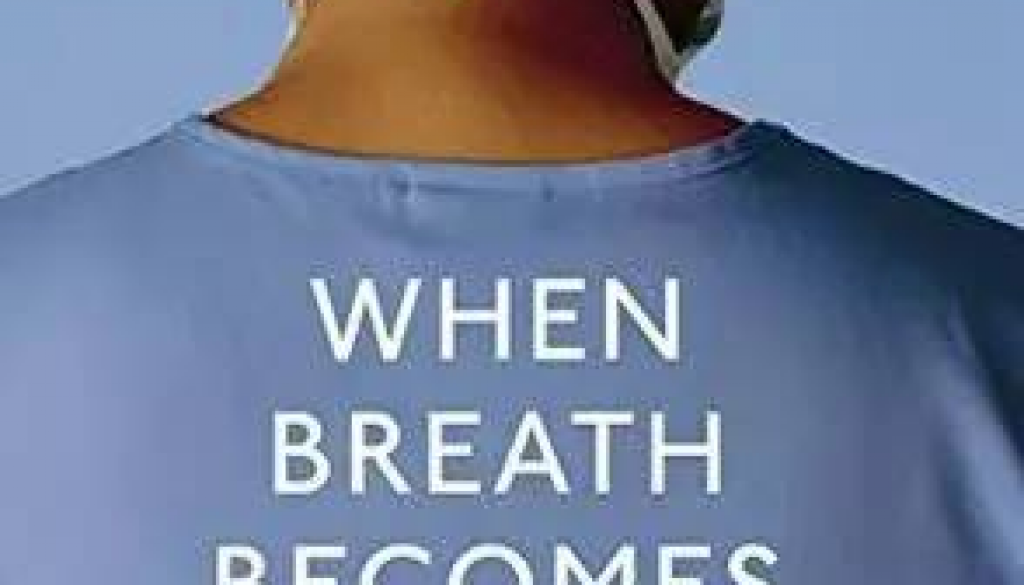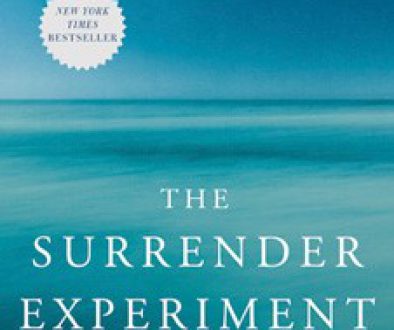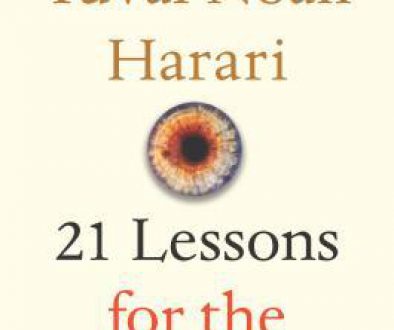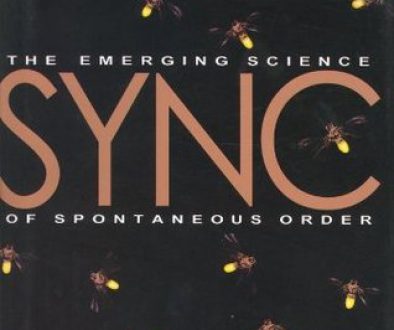When breathe becomes air
This is a script is a book review for When Breathe Becomes Air as well as a blog script.
It’s lucky that I could come across with Paul, the author of the touching memorial, through his gentle, beautiful and incisive words. It attracted me at the first sight since both of us, and like many other people, who are actively seeking the meaning of life. For Paul, after learned medical, biology, English literature and philosophy, finally, he chose to be a doctor which he found the best way to experience life and death.
Paul is a neurologist at Stanford medical school, the superstar in his area that once his advisor said to him: “you will be their number one choice for every place you’d like to go.”. He is the kind of man has the brightest future and happiest family, all he needs to finish his residency and became an actual doctor. But fate always plays a miracle way on people, just one year before he can finish his decades of training, he was diagnosed with, 4th stage lung cancer.
But unluckily, after treated hundreds of patients, this time he is the one that has to traverse the line from doctor to patient. Actually, Rather than a path,
Paul wrote, “I saw instead only a harsh, vacant, gleaming white desert. As if a sandstorm had erased all familiarity. I had to face my mortality and try to understand what made my life worth living, and I needed my oncologist’s help to do so.”
Perception of time changed
Every dream he had for his future disappeared you’re always thinking about five years down the line what are you going to be doing and that number has no meaning for me anymore. Each minute clocks used to rule everything are now kind of irrelevant to him when you having a terminal illness. That kind of thing forces you to think about your life and what matters to you most.
” The tricky part of illness is that, as you go through it, your values are constantly changing. You try to figure out what matters to you, and then you keep figuring it out. It felt like someone had taken away my credit card and I was having to learn how to budget. “
Now, many of us just thriving towards the future, we always have a plan for the future. We are likely to delay gratification since we know the delayed future would come. But, who knows? That’s the tricky part and also one of the reasons I started to write blogs. I feel like the best way to live a life is find a harmony among everything in your life (not a balance!), your work’s gonna fill a large part of your life as well as your family, I would try to live to fulfillment each day of my life, and determined to say no to anything that not follow my inner core.
Quality life and the identity of your patient
One of the most impressive ideas through this book is a word identity. Through Paul’s life, he experienced this word both from the angle of a patient and a doctor.
“The call to peotect life – and not merely life but another’s identity; it’s perhaps not too much to say another’s soul – was obvious in its sacredness.”
Each time before he operated on a patient’s brain, he would first understand the mind of the patient: his identity, his values, what makes his life worth living, and what devastation makes it reasonable to let that life end. In human’s brain, the Broca’s area is for understanding language and Wernicke’s area results in an inability to understand language. If a patient suffered a stroke and damaged both areas that often restrains the surgeon’s impulse to save a life. What kind of life exists without language?
To every people, we should ensure our health care matches your values, and we have the right to check and say no! living means more than just staying alive. 1/4 people received unwanted or excessive medical treatment would you want to be on life support if it offered any chance of longer life, are you most worried about that quality of that time rather than quantity.
Suffering is another blessing
To have a baby at the end of life:
Another impressive sence is when Paul discussed with his wife whether to have a baby at the end of his life, this is a hard decision months to a few years meant Paul was not likely to see her grow up. But he had a good chance of being there for her birth and for the beginning of her life.
When his wife asking Paul if he thought having to say goodbye to a child would make dying even more painful. And his answer is:
“Wouldn’t it be great if it did?”
Life wasn’t about avoiding suffering, we need to accept the sadness and joy of the time, to uncover beauty and purpose.
Pain Is Inevitable; Suffering Is Optional:
Famous Japanese writer Haruki Murakami once wrote in his book “What Do You Think About When You’re Running?” that “Pain is inevitable. Suffering is optional.”. The ‘hurt’ part is an unavoidable reality, but whether or not you can stand anymore is up to the runner himself.”
In Man’s Search for Meaning, Dr Frankl also wrote that
“Between stimulus and response there is a space. In that space is our power to choose our response. In our response lies our growth and our freedom.”
He was once a prisoner in the Nazi concentration camps of World War II. His mother, father, brother, and pregnant wife were all killed in the camps. The only thing that the Nazis were unable to take away was his choice as to how to respond to the deprivation, degradation, and trauma to which he was subjected.
Epictetus, the Stoic philosopher who lived nearly 2,000 years ago, who said, people are not disturbed by things but by the view, they take of them. Pain and suffering come from the stories we tell ourselves about the consequence, we cannot choose our external circumstances but we can always choose how we respond to them.
An free soul in a blocked body:
Here is another very touching story from Kitra CAahana, a documentary photographer, whose father has a extreme beautiful and optimistic soul in face of death. I was so touched onced I watched the Ted talk from her, here I’ll post the link;

Finally, a vivid short footage of the book:





